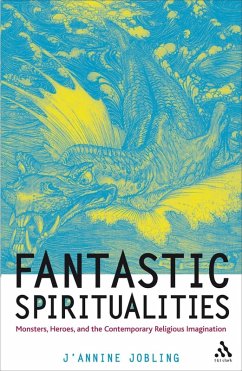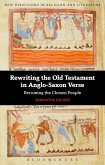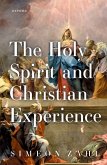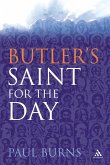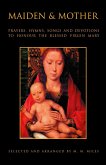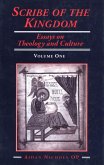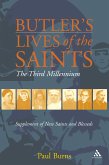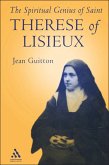In this work Jobling argues that religious sensibility in the Western world is in a process of transformation, but that we see here change, not decline, and that the production and consumption of the fantastic in popular culture offers an illuminating window onto spiritual trends and conditions. She examines four major examples of the fantastic genre: the Harry Potter series (Rowling), His Dark Materials (Pullman), Buffy the Vampire Slayer (Whedon) and the Earthsea cycle (Le Guin), demonstrating that the spiritual universes of these four iconic examples of the fantastic are actually marked by profoundly modernistic assumptions, raising the question of just how contemporary spiritualities (often deemed postmodern) navigate philosophically the waters of truth, morality, authority, selfhood and the divine. Jobling tackles what she sees as a misplaced disregard for the significance of the fantasy genre as a worthy object for academic investigation by offering a full-length, thematic, comparative and cross-disciplinary study of the four case-studies proposed, chosen because of their significance to the field and because these books have all been posited as exemplars of a 'postmodern' religious sensibility. This work shows how attentiveness to spiritual themes in cultural icons can offer the student of theology and religions insight into the framing of the moral and religious imagination in the late twentieth and twenty-first centuries and how this can prompt traditional religions to reflect on whether their own narratives are culturally framed in a way resonating with the 'signs of the times'.
Bitte wählen Sie Ihr Anliegen aus.
Rechnungen
Retourenschein anfordern
Bestellstatus
Storno

